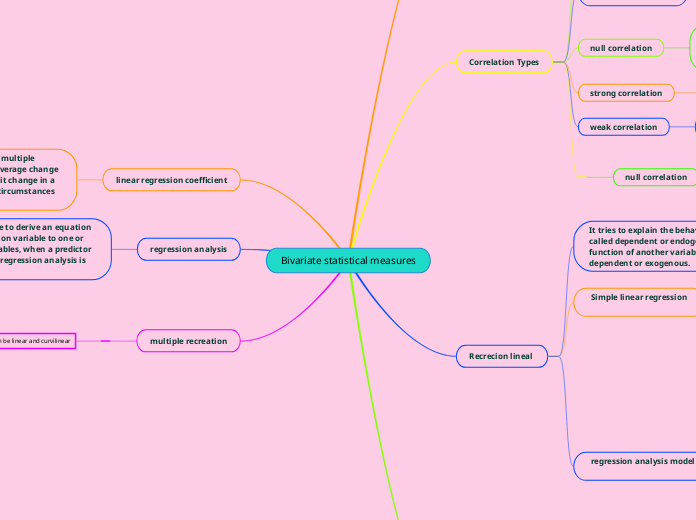Graphing a Polynomial Function
Type in the name of the multiple-perspectives text.
Example: Bridge to Terabithia by Katherine Paterson
In Factored Form: f(x) = (x-3)(x+2)(x+4)
Identify an important issue from the text that is being presented from different angles. Type it in.
Example: Jesse's drawing talent.
f(x) = (x-3)(x+2)(x+4)
Step #8:
Labeling and Connecting the points
Step #7:
Find The Maximum and Minimum Values
The minimum value would be approximately (1,-6)
The maximum value would be approximately (-3.2)
Step #6:
Find The Order Of The x-intercept
Creating an order of 3
(x-3), (x+2), and (x+4)
Step #5:
Find The End Behaviour
x →- ∞, f(x) → - ∞
x →∞, f(x) → ∞
Look back at the degree found, it has a positive leading coefficient and it has an odd number ( meaning up to the right and down left ) and has a behaviour that looks like this
Step #4:
Decide on the fourth point of view
Type in the name of the last character whose perspective on the issue you are going to present.
Example: Leslie Burke, Jesse's new next-door neighbor, and best friend.
Find The Leading Coefficient
Point of view
Type in a relevant quote that highlights the character's point of view. Try to follow a citation format: author's name, chapter, and page.
Example: I can't get the poetry of the trees,' he said. She nodded. Don't worry,' she said. You will someday. He believed her.' (Paterson, 4. 24)
It is positive because the leading coefficient sign at the start of the equation is positive.
Step #3:
Whose character does the third point of view belong to?
Type in his/her name.
Example: Mr. Aarons, Jesse's father.
Find The Degree
What does the character think, say or do that suggests their perspective on the issue?
Type in a quote and try to maintain the citation format.
Example: 'He would like to show his drawings to his dad, but he didn't dare. (...) He'd thought his dad would be pleased. He wasn't. What are they teaching in that damn school? he had asked.' (Paterson, 2.8)
Add up the exponents (powers) 1 + 1 + 1 =3 meaning the polynomial function is in 3rd degree polynomial. Having a leading term of x3, and a leading coefficient of 1.
Step #2:
Decide on the second point of view
Name the character (it can either be the main character or one of the supporting characters) whose point of view you are presenting.
Example: Miss Edmunds, Jesse's music teacher.
Find The Zeros
Type in a quote that points out the character's position about the issue.
Try to follow a citation format: author's name, chapter, and page.
Example: 'She said he was unusually talented, and she hoped he wouldn't let anything discourage him.' (Paterson, 2. 8)
The zeros are basically when the lines cross the x access x1 = 3, x2 = -2, x3 = -4
Step #!:
Decide on the first point of view you are going to present.
Type in the name of the character (it can either be the main character or one of the supporting characters) whose point of view belongs to.
Example: Jesse Oliver Aarons, Jr., the main character of the novel, a fifth-grader living in a rural Southern area.
Find the Intercepts
Type in a relevant quote that highlights the character's point of view towards
In Factored Form: f(x) = (x-3)(x+2)(x+4).
Try following a citation format: author's name, chapter, and page.
Example: 'Jesse drew the way some people drank whiskey. (...) Lord, he loved to draw. (...) When he was in first grade, he told his father that he wanted to be an artist when he grew up.' (Paterson, 2. 7)
Y intercept y = 30 ( done by doing 3x2x4=24) (by multiplying the y intercepts by the exponents and then multiplying them all together to get the y\intercept)
X intercept x1 =3, x2= -2, x3= -4 ( use the opposite numbers to determine the x intercepts) meaning it would be (3,0), (-2,0), and (-4,0)









